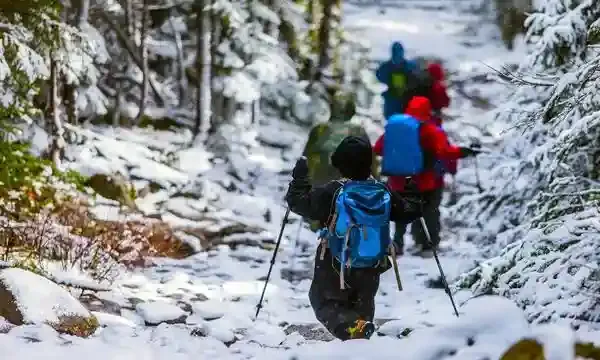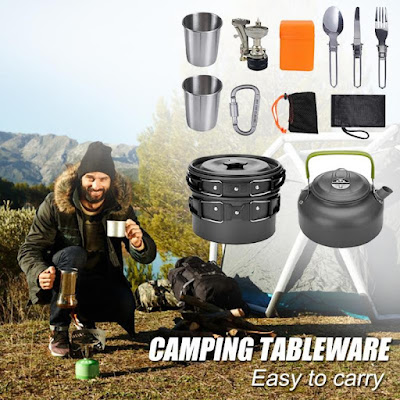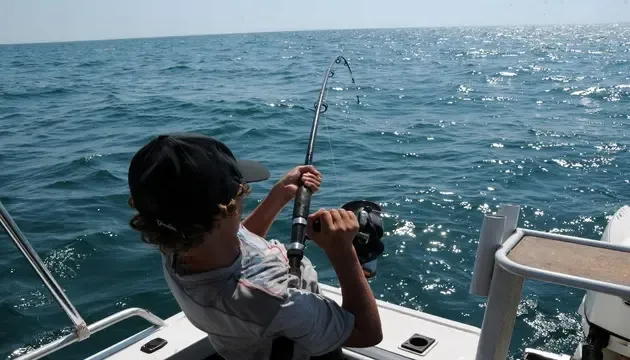Tips to go hiking
hiking as a popular outdoor activity that offers physical exercise mental health benefits and an opportunity to explore nature
Tips to go hiking and for preparing for a hike
Choosing the right clothing and footwear for the weather and terrain
Packing enough water snacks and other essentials such as a map compass first aid kit and flashlight
Checking the weather forecast and being aware of any potential hazards such as lightning or wildlife
Letting someone know your hiking plans and expected return time
Wearing sunscreen and insect repellent to protect against sunburn and bug bites
Stretching and warming up before hitting the trail
finding a good hiking trail
Researching local or national parks and forests that offer hiking trails
Checking out online resources such as AllTrails or the Hiking Project for trail reviews ratings and maps
Consulting with a local outdoor store or park ranger for recommendations
Choosing a trail that matches your fitness level and experience
Considering whether you want a day hike or a backpacking trip
Tips for hiking safely and responsibly
Sticking to the marked trails and not veering off into unmarked areas
Following the leave no trace principles such as packing out your trash and respecting wildlife
Being mindful of your surroundings and paying attention to any warning signs or notices
Being prepared for emergencies and knowing how to use your first aid kit
Being respectful of other hikers and trail users
What are the 3 basic skills in hiking
to go hiking dont First aid Knowing basic first aid can be helpful in case of an injury on the trail It's a good idea to bring a small first aid kit with you and to know how to use it Some basic first aid skills to have Treating cuts and scrapes
Bandaging a wound
Treating a snakebite or insect sting
Splinting a broken bone
to go hiking you must minimize the impact of humans on the environment while enjoying the outdoors Some key elements of leave no trace
Pack out all trash and litter
Leave natural objects as you find them
Respect wildlife and do not feed or approach animals
Avoid disturbing plants
Camp in designated areas or use established campsites
Leave the area in the same condition as you found it
By following these principles hikers can help protect the environment and preserve the natural beauty of the places they visit







